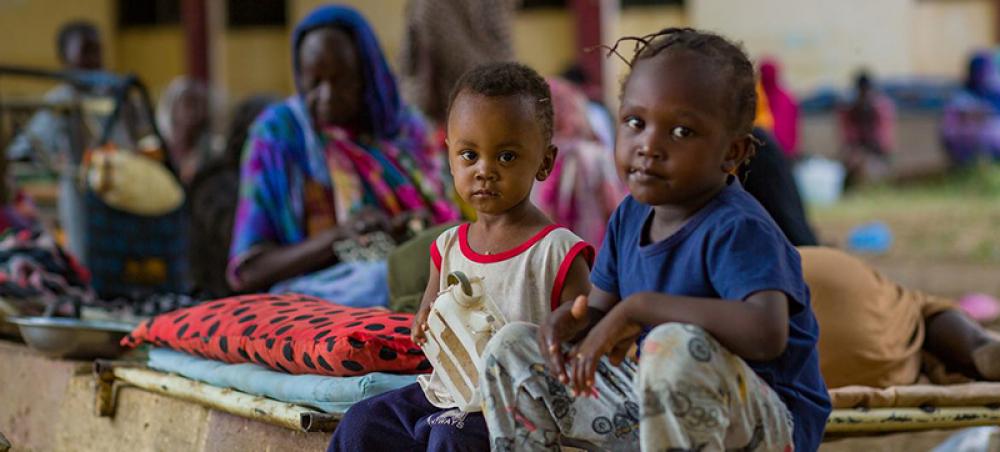Just Earth News | @justearthnews | 30 Sep 2023, 06:50 am Print
 WHO
WHO Image: UNICEF/Ahmed Elfatih Mohamdee
The World Health Organization (WHO) is scaling up support in Sudan, where authorities have declared a cholera outbreak in Gedaref state amid the ongoing brutal conflict between opposing militaries.
The UN agency said on Friday that 264 suspected cholera cases, four confirmed cases and 16 associated deaths werereportedin the eastern state as of 25 September.
Investigations are taking place to determine whether the disease has spread to Khartoum and South Kordofan states, which have seen increased cases of acute watery diarrhoea.
Sampling and surveillance
WHO is deploying rapid response teams to the affected localities and is actively supporting the Ministry of Health to transfer samples of suspected cases to the Public Health Laboratory in Port Sudan.
Tweet URL
Surveillance is ongoing in affected and high-risk areas to identify and address risk factors. A request is going out to the international body managing emergency vaccine supplies during major outbreaks, the ICG, for oral cholera vaccines.
Access amid war
The WHO Representative in Sudan, Dr Nima Abid, visited Gederaf state on 17 September and met with health authorities and partners to coordinate response to the outbreak.
He stressed the importance of having unhindered access to the affected areas and nearby locations.
“A cholera outbreak can have a devastating effect in the context of a health system already overstretched because of war, shortages of medical supplies and health workers, malnutrition and access challenges,” he said.
Healthcare under fire
The war in Sudan erupted in mid-April. Fierce fighting between the national army and the paramilitary Rapid Support Forces (RSF) has left thousands dead and uprooted more than five million, with impacts across the region.
Sudan is also grappling with disease outbreaks and malnutrition, which have been compounded by heavy rains and flooding. The health system is overwhelmed by attacks on facilities as well as the scarcity of medical supplies and equipment, health workers and operational funds.
Some 70 per cent of hospitals in conflict-affected states are non-functional, while active hospitals elsewhere are overwhelmed by the influx of internally displaced people.
Support, supplies and training
WHO said that even before the outbreak was declared it had already provided cholera supplies such as antibiotics, oral rehydration solution and intravenous fluids to six states in Sudan.
The agency was also supporting three cholera isolation centres in Gedarefstate, providing medicines and health supplies to two facilities, and equipment and medical supplies to the third.
Earlier this year, more than 2,800 Sudanese health workers took part in an online training course conducted by WHO on the management of acute watery diarrhoea in times of crisis.
Another online course was held this week for 8,000 health workers which covered cholera, dengue and malaria management protocols.
- New hybrid Mpox strain surfaces in UK and India — WHO sounds global alert
- Deadly weight: Obesity now responsible for 1 in 10 infection deaths worldwide
- Coffee and tea: This everyday drink may help protect your brain from dementia
- Happy Chocolate Day! The sweet secret behind chocolate’s hidden benefits
- Cambridge study finds menopause affects memory, mood, and sleep





-1763561110.jpg)
